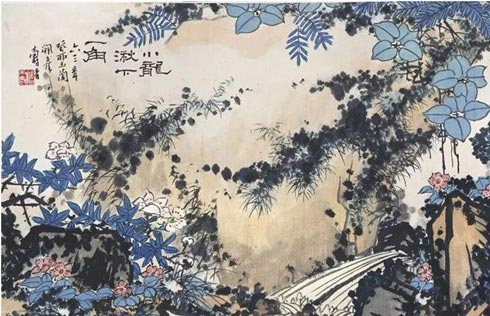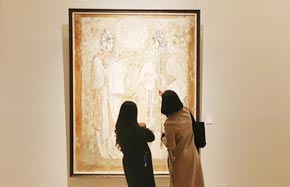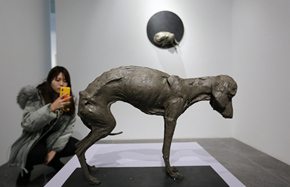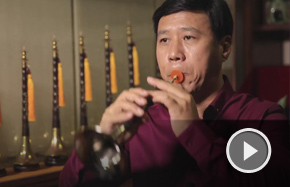US Sinophile traces the evolution of Chinese words
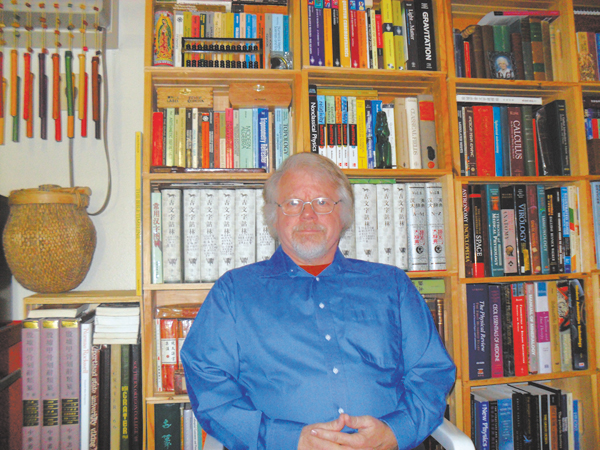 |
|
Richard Sears has been devoted to tracing the original forms of Chinese characters on his website for the past 20 years. Provided to China Daily |
Online etymology database helps netizens learn origins of language.
Related: No crisis of character
For 20 years Richard Sears has been devoted to making the etymological information of Chinese characters available online for people to trace them back to their original form, when they were first carved or written on bamboo slips or silk more than 2,000 years ago.
Although the 62-year-old launched his website in 2002, it elicited little response from Chinese netizens until last year, when two Chinese newspapers published his story.
That led to Chinese bloggers praising his work, as well as bemoaning the fact government-funded cultural promotion agencies had been unable to create such a good website for people fascinated by Chinese characters. Each character on his website comes with three former variations - the seal script, bronze inscriptional and oracle bone inscription - and an illustrated guide on its etymology.
Despite his recent success, Sears, who is from the United States but lives in Beijing, said there is still much work to be done, "especially with Chinese characters that are not easy to trace their former shape, and where there are contradictions in different books".
"I'm also thinking about scanning cursive Chinese characters and indexing them," he said.
Over two decades, Sears has compiled a database of more than 96,000 archaic Chinese characters using three ancient books: Shuo Wen Jiezi, Xu Jia Gu Wen Bian and Jin Wen Bian.
With alternate seal characters from Liu Shu Tong, he presents all the seal forms that are available. For example, a character has 16 seal scripts, 20 bronze and 81 oracle variations.
The website has complete etymological analysis of the 6,552 most common modern Chinese characters, as well as a Mandarin, Taiwanese and Cantonese speech and phonetic database for each character.
"The Chinese saying goes 'live until you are old, learn until you are old'. It means we should be learning all our lives," Sears said. "My main interest is languages. I am fluent in Chinese, and have studied several other languages with varying success.
"While scanning these ancient characters, I've found that 90 percent can be traced back to their etymology, but for 50 percent, different scholars have different opinions. The other 10 percent, no one knows their original shape."
Sears has completed his work almost entirely alone.




